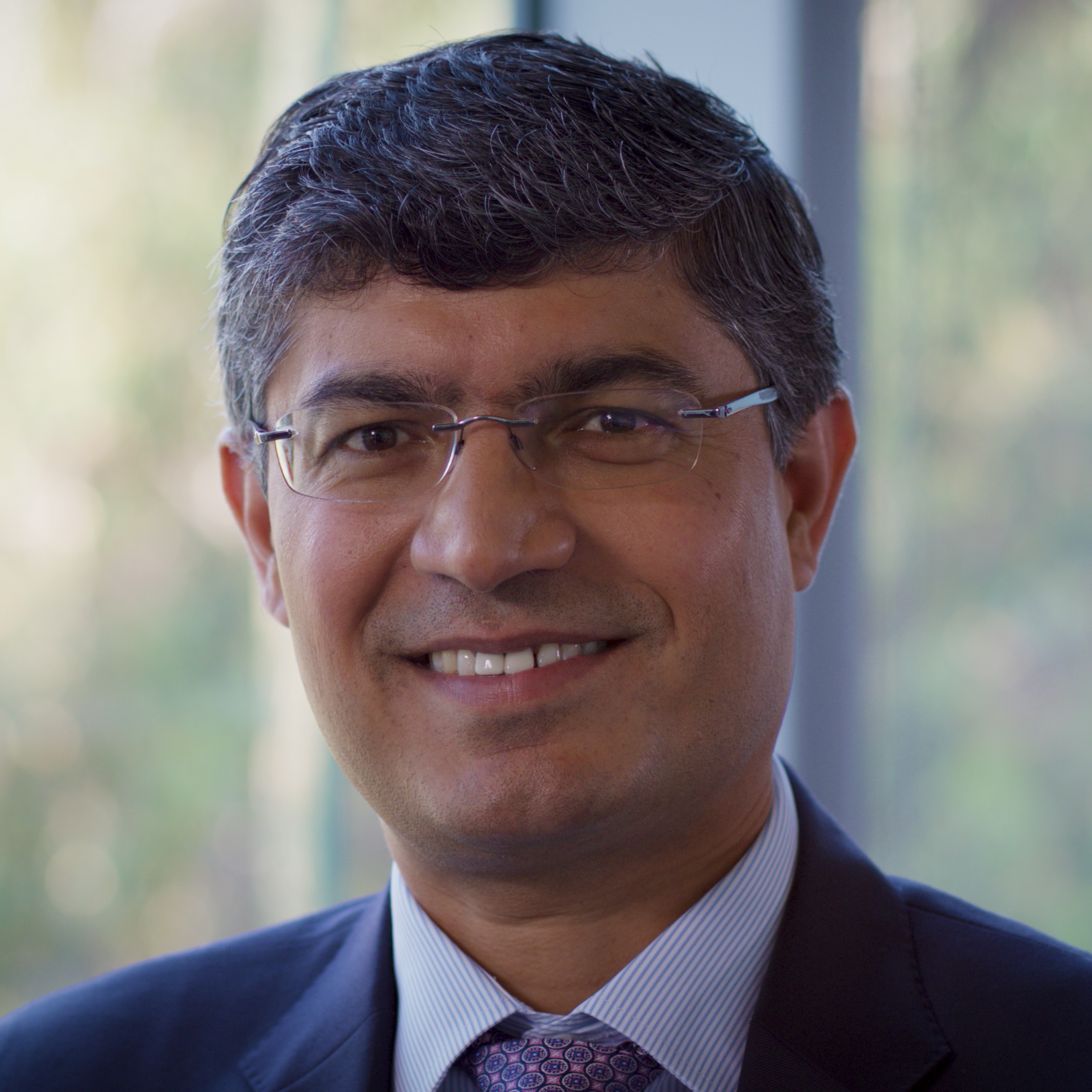Article
Statins Show No Impact on MACE, But Benefit for Patients Undergoing PCI
Author(s):
While receiving a large dose of statin therapy did not have an impact on major adverse cardiac events among a broad population of patients, those that underwent percutaneous coronary intervention saw reductions.

Otávio Berwanger, Md, PhD
The administration of loading doses of atorvastatin in patients with acute coronary syndrome (ACS) and planned percutaneous coronary intervention (PCI) does not reduce major adverse cardiovascular events (MACE) after 30 days.
In a multicenter, double-blind, placebo-controlled, randomized clinical trial conducted at 53 sites in Brazil with 4191 patients with ACS, it was shown that 6.2% (n = 130) of patients receiving atorvastatin had a MACE compared with 7.1% on placebo (absolute difference, 0.85%; 95% CI, —0.70 to 2.41%; HR, 0.88; 95% CI, 0.69 to 1.11; P = .27). This result, according to the authors, does not support the routine use of loading doses of atorvastatin in unselected patients with ACS and planned invasive management.
Lead author Otávio Berwanger, Md, PhD, presented the findings of the SECURE-PCI trial at the 67th American College of Cardiology Scientific Sessions in Orlando, Florida.
“Although the trial is negative for our primary endpoint in the full study population, the findings of our pre-specified analysis are very consistent with smaller trials and observational studies that suggest a reduction in events in the PCI population,” Berwanger said. “Viewed in the context of the literature, our study helps to confirm what has been shown before and suggests that it can be beneficial to consider giving a loading dose of a statin to patients who undergo PCI.”
Patients were randomized 1:1 to receive either 2, 80-mg doses of atorvastatin or a matching placebo, with the timing of administration varying based on the type of each patient’s ACS. For those without ST-segment elevation, doses were administered between hours 2 and 12 prior to angiography and PCI, whereas those with ST-segment elevation myocardial infarction (STEMI) were administered doses as soon as possible prior to PCI.
An initial loading dose of atorvastatin was administered for 97.8% of patients (n = 4093), and 76.8% (n = 3216) received a second loading dose.
In total, 64.7% of patients (n = 2710) underwent PCI, 8% (n = 333) underwent coronary artery bypass graft surgery, and 27.3% (n = 1114) underwent medical management alone. The median time from admission to PCI was 20 hours (interquartile range, 3—68), and 98% of patients receiving PCI (n = 2643) received a stent, with preference shown for bare-metal stents.
While the therapy was shown to be ineffective in the broader population of patients, those that underwent PCI, specifically, did experience benefits to loading doses of atorvastatin.
For patients receiving PCI, MACE occurred in 6.0% (n = 81) of patients compared with 8.2% (n = 112) of those on placebo (HR, 0.72; 95% CI, 0.54—0.96; P = .02). Myocardial infarction occurred in 3.6% (n = 48) of PCI patients compared to 5.2% (n = 70) of placebo patients (HR, 0.68; 95% CI, 0.47—0.99; P = .04), with 0.6% of PCI patients experiencing myocardial infarction not-related to their PCI, compared with 1.4% (n = 19) of placebo patients (HR, 0.42; 95% CI, 0.18—0.96; P =.04).
Within the 30-day follow-up, protocol for the 40-mg atorvastatin pills given was followed in 85.1% of cases (SD, 34.1%) in the atorvastatin group and 87.0% (SD, 32.1%) in the placebo group.
Overall, patients who underwent PCI and received a loading dose of statins had a 28% less chance of a MACE and a 32% less chance to have a heart attack compared with those taking the placebo. “This study adds another piece to the puzzle. I think it also opens the stage for testing other lipid-lowering agents that may have effects beyond lowering lipids,” Berwanger said.
In an accompanying editorial, Stephen J. Nicholls, MBBS, PhD, and Peter J. Psaltis, MBBS, PhD, noted that there are clinical implications to the findings of SECURE-PCI, as the current treatment guidelines recommend high-intensity statin therapy and routine in-hospital initiation. The guidelines claim this is likely to benefit both prevention of subsequent cardiovascular events as well as increased long-term adherence to the therapy— a foundation of secondary prevention.
“Whether such therapy should be administered as soon as possible in the ACS hospitalization remains to be fully elucidated. SECURE-PCI certainly provides reassurance that such early administration is not associated with harm,” Nicholls and Psaltis wrote. “The subgroup findings suggest potential benefit among patients who are deemed more likely to undergo PCI at the time of angiography. To what degree such findings may be exclusive to intensive statin therapy, or whether similar results would be observed with early initiation of additional lipid-lowering agents, some of which do not appear to have pleiotropic effects in humans, is unknown.”
The study, “Effect of Loading Dose of Atorvastatin Prior to Planned Percutaneous Coronary Intervention on Major Adverse Cardiovascular Events in Acute Coronary Syndrome The SECURE-PCI Randomized Clinical Trial,” was published simultaneously in JAMA.
Click here to sign up for more MD Magazine content and updates.
Related Coverage >>>
Positive Outlooks May Improve Chronic Angina Outcomes
Self-Applied ECG Patch Catches Atrial Fibrillation More Quickly than Usual Care





